- Home
- About Us
- Housing
- Resources
- Contact Us
-
-
-
Address: 223 S. Winnebago Street Rockford, IL 61102
Phone: 815-489-8500
-
-
- Updates
-
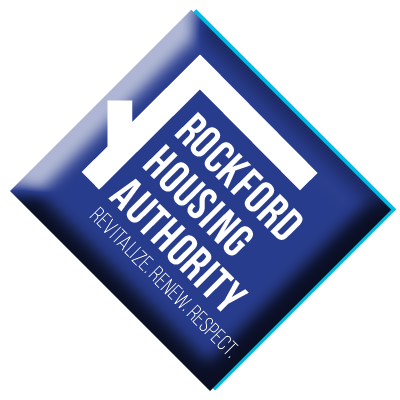
Address: 223 S. Winnebago Street Rockford, IL 61102
Phone: 815-489-8500
Address: 223 S. Winnebago Street Rockford, IL 61102
Phone: 815-489-8500




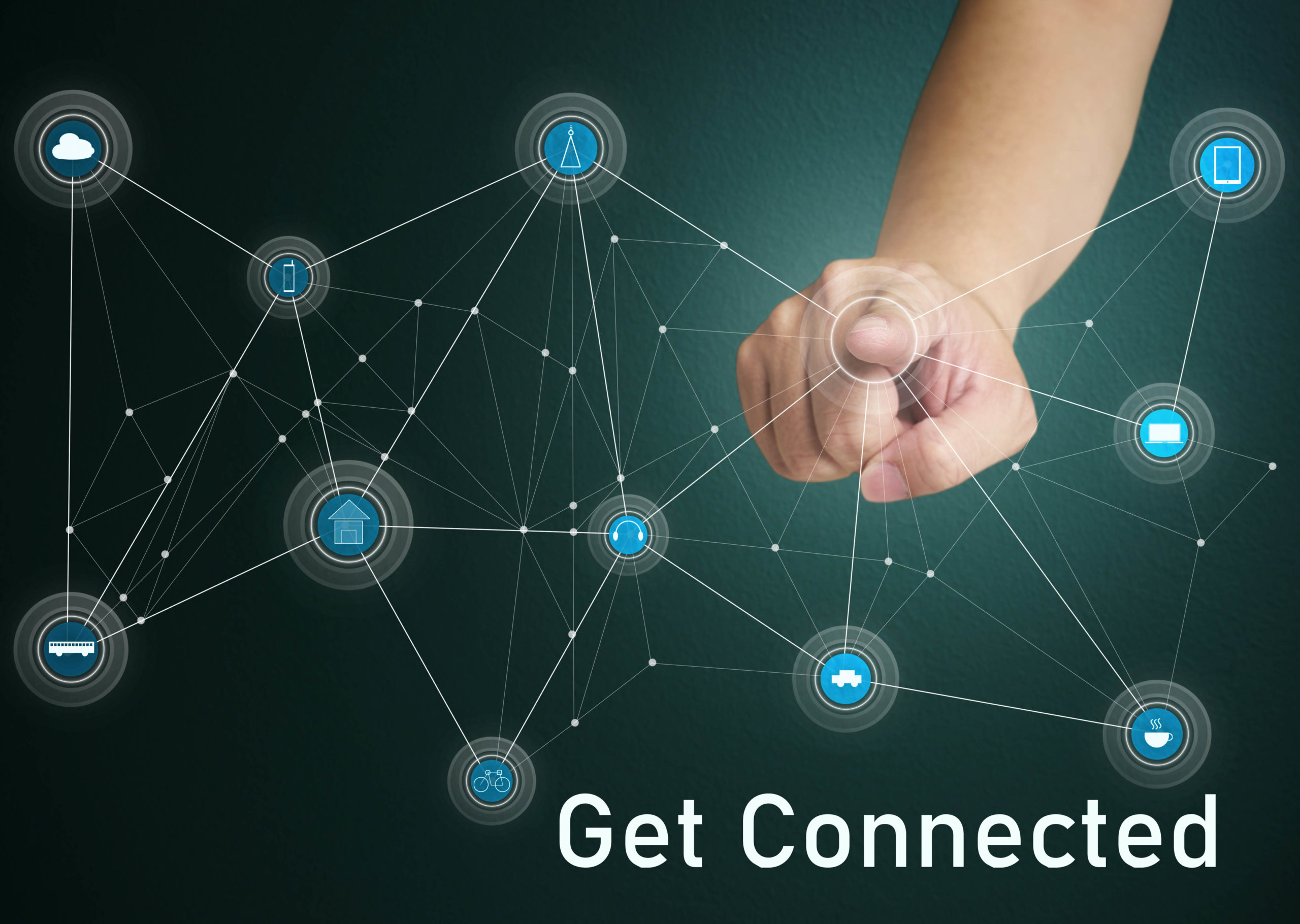




These days many families are connected to the internet and have instant access right inside their own home. But what about the families who are not always connected? What about Low Income/Public Housing residents?
In 2015, President Barack Obama announced ConnectHome, an initiative with communities, the private sector, and the federal government to expand high-speed broadband to more families across the country. ConnectHome was launched in twenty-seven cities and one tribal nation all over the continental United States. The City of Rockford and RHA are one of these community partnerships.
More than 60 million Americans lack the digital literacy skills necessary to take advantage of the resources and services found on the internet, according to the U.S. Department of Commerce, NTIA Broadband Adoption Toolkit (May 2013.) For this reason, Internet Service Providers, non-profits and the private sectors are offering broadband access, technical training, digital literacy, programs, and devices for residents in public housing units.
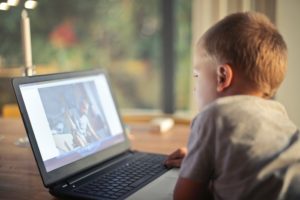 Since 1994, the National Center for Education Statistics (NCES) has documented the large increase in access to computers and the Internet in the nation’s public elementary and secondary schools (U. S. Department of Education). Suggesting that digital education is not just the future but it is the present. The biggest problem facing the current educational realm is the lack of internet access at home.
Since 1994, the National Center for Education Statistics (NCES) has documented the large increase in access to computers and the Internet in the nation’s public elementary and secondary schools (U. S. Department of Education). Suggesting that digital education is not just the future but it is the present. The biggest problem facing the current educational realm is the lack of internet access at home.
According to the Pew Research Center, families that make less than $25,000 a year have significantly fewer internet users than those making $25,000 or more a year. This becomes more of an issue as children who have access to the Web and digital technology at school come home and are not able to complete their homework or other assignments.
According to Advanced Placement and the National Writing Project teachers bring a wide variety of digital tools into the learning process, including mobile phones, tablets, and e-book readers. Their survey reveals the magnitude to which digital utilities are used within the classroom:
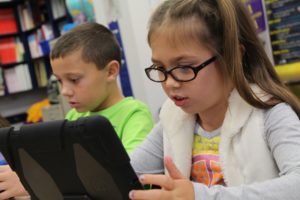
Overall, 62% of AP and NWP teachers feel their school does a “good job” supporting teachers’ efforts to bring digital tools into the learning process, and 68% say their school provides formal training in this area. Still, 85% of these teachers seek out their own opportunities to learn new ways to effectively incorporate these tools into their teaching. If you are interested in learning more about these statistics, Read More Here.
Each program we offer is designed to help you achieve goals, meet objectives, and succeed in your life and career. Whether you have a specific job in mind, or want to learn specific skills, the best way to decide is to envision your desired outcome, and then select the path that will get you there.
Sometimes this is easy—you want to build Android apps, you take the Android Developer program! But if you’re not sure, Udacity can guide you in the right direction. The blog is a great resource for career pathing, and you can always email to support@udacity.com.
Recipients of this scholarship can choose to learn one of three cutting edge programs: Intro to Programming Nanodegree, Front-End Web Developer Nanodegree, or Android Basics Nanodegree.
There are 100 scholarships reserved just for ConnectHome participating communities like Rockford.
From the pilot communities of ConnectHome, the RHA Residents located within AT&T’s 21-state wire-line service area are eligible.

Since 1994, the National Center for Education Statistics (NCES) has documented the large increase in access to computers and the Internet in the nation’s public elementary and secondary schools (U. S. Department of Education). Suggesting that digital education is not just the future but it is the present. The biggest problem facing the current educational realm is the lack of internet access at home.
According to the Pew Research Center, families that make less than $25,000 a year have significantly fewer internet users than those making $25,000 or more a year. This becomes more of an issue as children who have access to the Web and digital technology at school come home and are not able to complete their homework or other assignments.
According to Advanced Placement and the National Writing Project teachers bring a wide variety of digital tools into the learning process, including mobile phones, tablets, and e-book readers. Their survey reveals the magnitude to which digital utilities are used within the classroom:
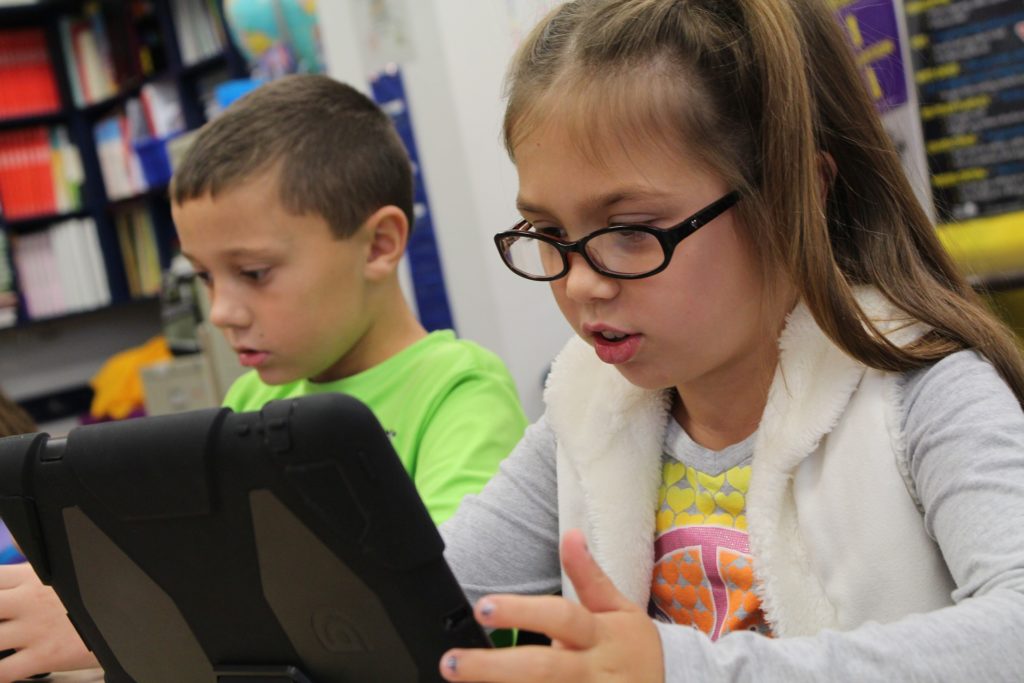
Overall, 62% of AP and NWP teachers feel their school does a “good job” supporting teachers’ efforts to bring digital tools into the learning process, and 68% say their school provides formal training in this area. Still, 85% of these teachers seek out their own opportunities to learn new ways to effectively incorporate these tools into their teaching. If you are interested in learning more about these statistics, Read More Here.
Each program we offer is designed to help you achieve goals, meet objectives, and succeed in your life and career. Whether you have a specific job in mind, or want to learn specific skills, the best way to decide is to envision your desired outcome, and then select the path that will get you there.
Sometimes this is easy—you want to build Android apps, you take the Android Developer program! But if you’re not sure, Udacity can guide you in the right direction. The blog is a great resource for career pathing, and you can always email to support@udacity.com.
Recipients of this scholarship can choose to learn one of three cutting edge programs: Intro to Programming Nanodegree, Front-End Web Developer Nanodegree, or Android Basics Nanodegree.
There are 100 scholarships reserved just for ConnectHome participating communities like Rockford.
From the pilot communities of ConnectHome, the RHA Residents located within AT&T’s 21-state wire-line service area are eligible.

What is ConnectHome? An opportunity to connect to broadband internet,
receive a FREE computer skills training and receive a FREE or low cost computer for your family!
Enroll in FREE Digital Literacy Classes, improve your computer skills & qualify for
the opportunity to get a FREE computer for your home!
This pilot program is limited to RHA residents who have K-12 students & complete the process.
To enroll, contact your RHA ConnectHome Digital Inclusion Coordinator today!
Carandus Brown
330 15th Avenue—Rockford, IL 61104
(815)-489-8551.
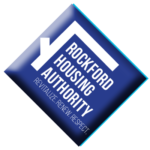
To continue to create strategic partnerships with community stakeholders, design a diverse housing portfolio, leverage social service programming to unite and ensure residents are provided with safe and nurturing environments that lead to self-sufficiency, responsibility, and individual empowerment.
This Earth Day, let's unite for a brighter future!
Today, we're reminded of the importance of our planet and the role each of us plays in protecting it.
View the RHA Earth Day 2024 Blog here:
https://rockfordha.org/earth-day-2024/
Effective today, Monday, April 22, 2024, the current RHA Low-Income Public Housing (LIPH) Family Waiting List will open until further notice. Pre-applications can be completed online at https://www.rockfordhousingauthority.com/ and are available at 223 S. Winnebago Street Rockford, IL 61102.
#RHA
Let's come together to celebrate Diversity Month by acknowledging the beauty found in our distinct backgrounds, viewpoints, and identities. #RHA #MovingForwardTogether

Within 5 years the RHA will re-establish itself as high performing agency that is a leader in housing and sustainable communities by developing additional, non-HUD revenue streams, increasing our asset base and offering state of the art resident initiatives.